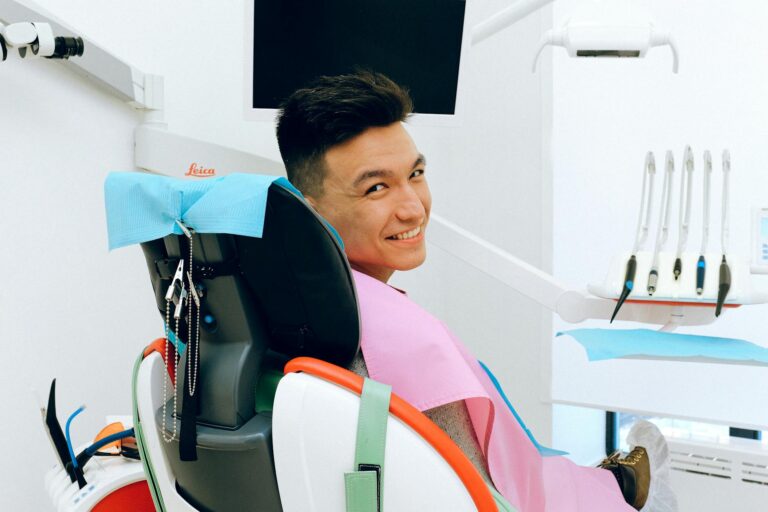Antiepileptic drugs can indeed help control dementia-related seizures in many cases. As people with dementia are at an increased risk of developing seizures, managing these episodes is an important part of their overall care[1].
Dementia and epilepsy have a complex relationship. Dementia can be a cause of seizures, and epilepsy can also occur alongside dementia[1]. This two-way association means that treating seizures in people with dementia requires careful consideration.
Several antiepileptic drugs have shown effectiveness in controlling seizures related to dementia. Some commonly used medications include:
Levetiracetam: This drug is often well-tolerated by older adults and has fewer drug interactions compared to some other options[7].
Valproic acid: While effective for seizure control, it’s important to note that valproic acid can potentially cause reversible cognitive decline in some patients[1].
Lamotrigine: This medication may be useful for controlling seizures without significantly impacting cognitive function.
Brivaracetam: A newer antiepileptic drug that has shown promise in treating seizures in elderly patients, including those with dementia[7].
When prescribing antiepileptic drugs for people with dementia, doctors consider several factors. These include the type of seizures, the person’s age, other medications they’re taking, and potential side effects[4]. It’s crucial to start with low doses and increase gradually to minimize adverse effects.
It’s worth noting that some antiepileptic drugs can have cognitive side effects, which can be particularly concerning in people already experiencing cognitive decline due to dementia. Doctors carefully weigh the benefits of seizure control against potential cognitive impacts when choosing a treatment plan[2].
In some cases, a combination of antiepileptic drugs may be necessary to achieve adequate seizure control. However, this approach is usually avoided if possible to reduce the risk of drug interactions and side effects[4].
While antiepileptic drugs are a primary treatment for dementia-related seizures, they’re not the only approach. Other strategies may include identifying and managing seizure triggers, ensuring good sleep hygiene, and in some cases, considering dietary changes or other therapies[5].
It’s important for caregivers and family members to work closely with healthcare providers to monitor the effectiveness of antiepileptic treatments and report any concerning side effects or changes in the person’s condition[6].
In conclusion, antiepileptic drugs can be an effective tool in managing seizures related to dementia. However, their use requires careful consideration and ongoing monitoring to ensure the best possible outcomes for individuals living with dementia and epilepsy.





